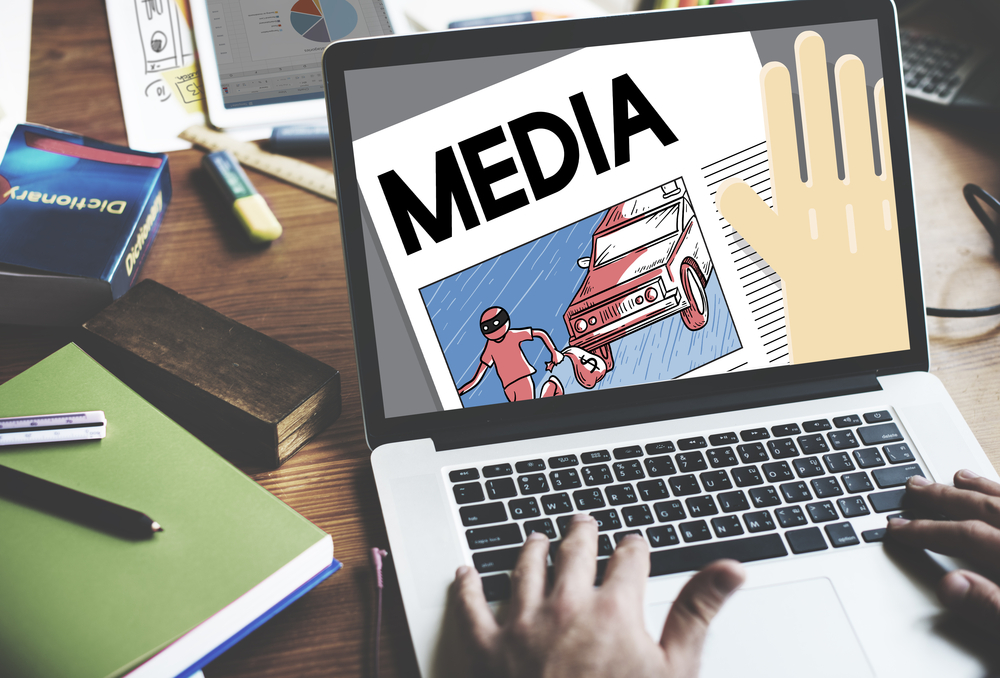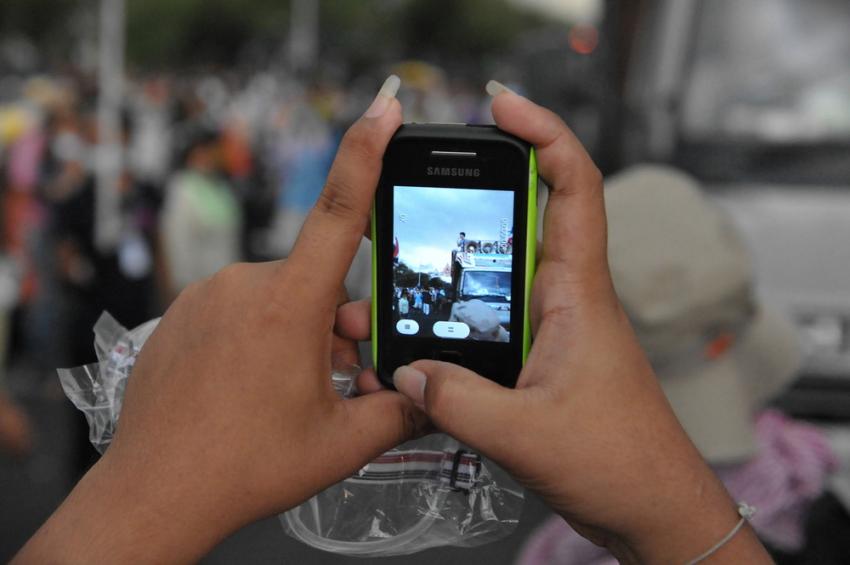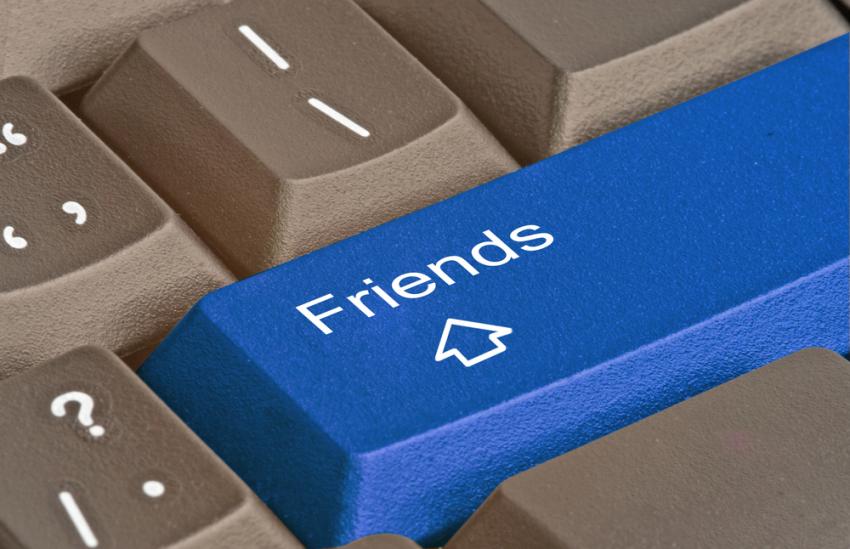People are the New Media

Please note that we are not authorised to provide any investment advice. The content on this page is for information purposes only.
“Traditional media” has been on its deathbed for what feels like a decade now. Opinions on the severity of the situation differ, but it is generally accepted that in its current form, the media industry will not be able to survive a landscape of internet-only publishing in its current state.
“Traditional media” has been on its deathbed for what feels like a decade now. Opinions on the severity of the situation differ, but it is generally accepted that in its current form, the media industry will not be able to survive a landscape of internet-only publishing in its current state.
The adoption of social media and the constant improvement of the calibre of publishing tools available to the average consumer have completely re-written the media playbook. This has set off a revolution in the media industry- forcing traditional publishers to rapidly evolve, creating opportunities for well-backed media start-ups to establish themselves seemingly overnight, and forming a new power structure where a few platform owners like Facebook, Google, and Apple hold the keys.
Constant throughout all of this change is the role that you and I, the media consumers, play in this evolution. No longer passive consumers, people are at the core of the new media economy. We’re the creators, contributors, and even the ads themselves.
Twitter Redefines Breaking News
Perhaps the best example of this new media paradigm is during a breaking story. For example, Twitter users following hashtags around the demonstrations in Ferguson, Mo. in 2014, were able to get a real-time sense of what was happening on the ground. Protesters were using the platform to organize their activities, citizen journalists were uploading photos and video moments after they happened, and professional journalists from traditional outlets were retweeting and sharing these primary sources as part of their reporting, helping to provide context within the larger story. Through it all people from all over the world could tweet directly to all those involved. This real-time mix of participant, witness, reporter, and reader is emblematic of the evolved role of “regular people” in media today.
Facebook Sells You Back Your Friends
Facebook, the juggernaut social media mainstay, has grown into a huge company, worth billions, that has its hands in an increasing array of tech projects, including virtual reality, and spreading internet access to third world countries. However, at its core- the central offering of Facebook is very simple. Facebook has found a way to turn an essential part of the human experience, socializing with friends, loved ones, and acquaintances, into a media property.
Facebook packages up your friends, and lets you connect with them for free. It does this by constantly engineering new ways for people to add content- its first big explosion was on the back of photo sharing, but has expanded to video, real time chat, events, groups, blogs, and so forth. Facebook provides the tools, but it is the users who create the content.
Facebook, of course, collects data about you and your friends and uses that to create an attractive ad platform for advertisers. On Facebook, not only are the users the content creators, they are also potential participants in an ongoing focus group. A good rule of thumb to think about when enjoying a social media service is this: “If you’re not paying for it, you become the product.”
Redefining Celebrity
It’s a common occurrence now for user-powered content platforms to be used to discover talent for the traditional media- Pop stars like Justin Bieber were discovered on YouTube. However, there is an entire ecosystem lower tier celebrity- people who will never reach that level of notoriety, but have die-hard fan bases completely under the radar of the traditional sphere of “celebrity.”
For proof, look to events like VidCon– events that let fans meet and interact with their favorite internet-based personalities- you have likely never heard of many of these names (unless you have GenZ’ers in the house). In this new age of media, there is room for “regular” people to be celebrities for niche communities of fans who feel as though they can connect directly with them.
We’re The Media, “Platforms” Are the Bosses
Platforms like Facebook, Twitter and YouTube are only valuable if people continue to use them. To that end, their goal is to find new ways to inspire us to create new media on their platforms to entertain each other for free, while they sell the ads. Facebook has increased its efforts in the last year, launching live-streaming and new “Reactions” as a way to increase user engagement after a 15% year-over-year drop in original content being created on the site.
It’s an important reminder that, although we are not paid for our contributions to this new media economy, we are of the utmost value to the new media elite. As this new model emerges, ways to monetize the masses as media producers will generate massive revenue streams, fundamentally changing the economics of advertising.







